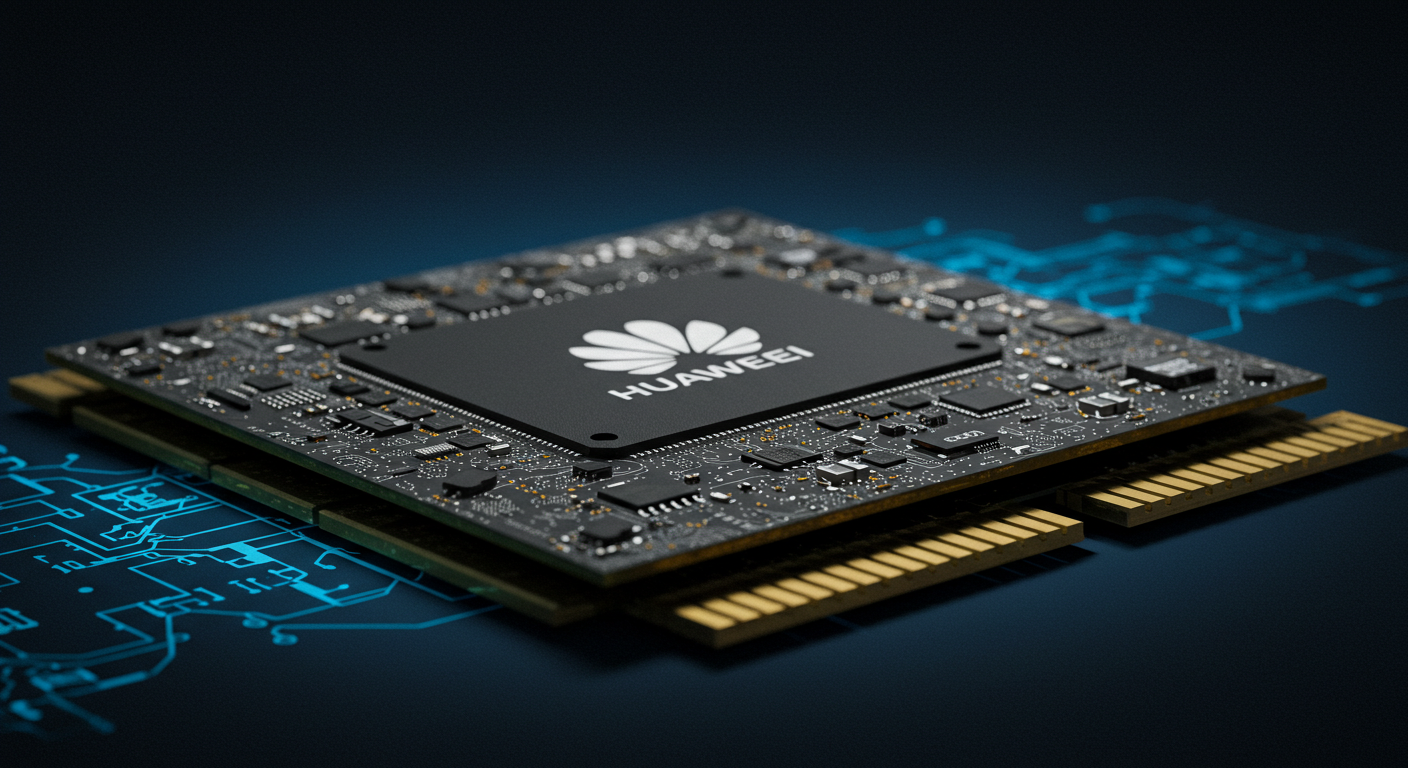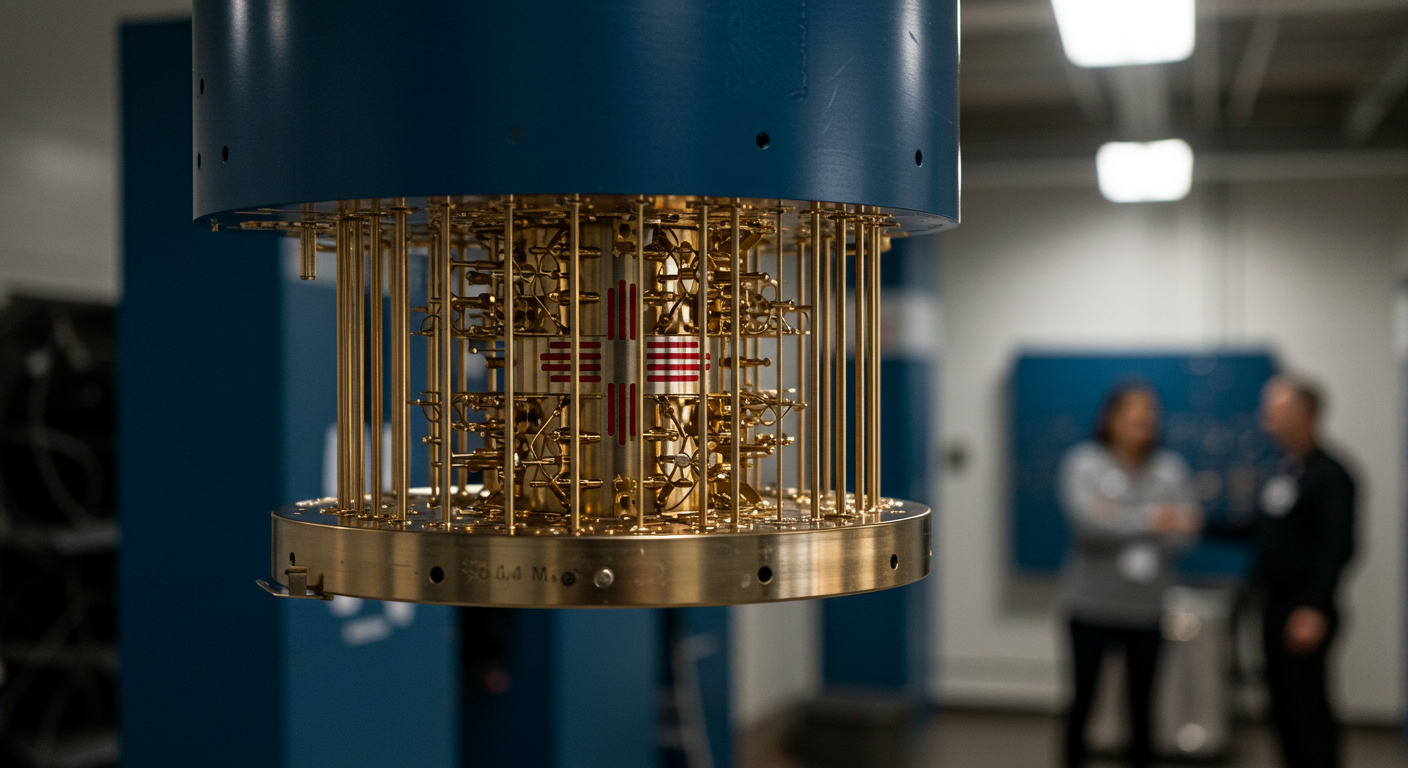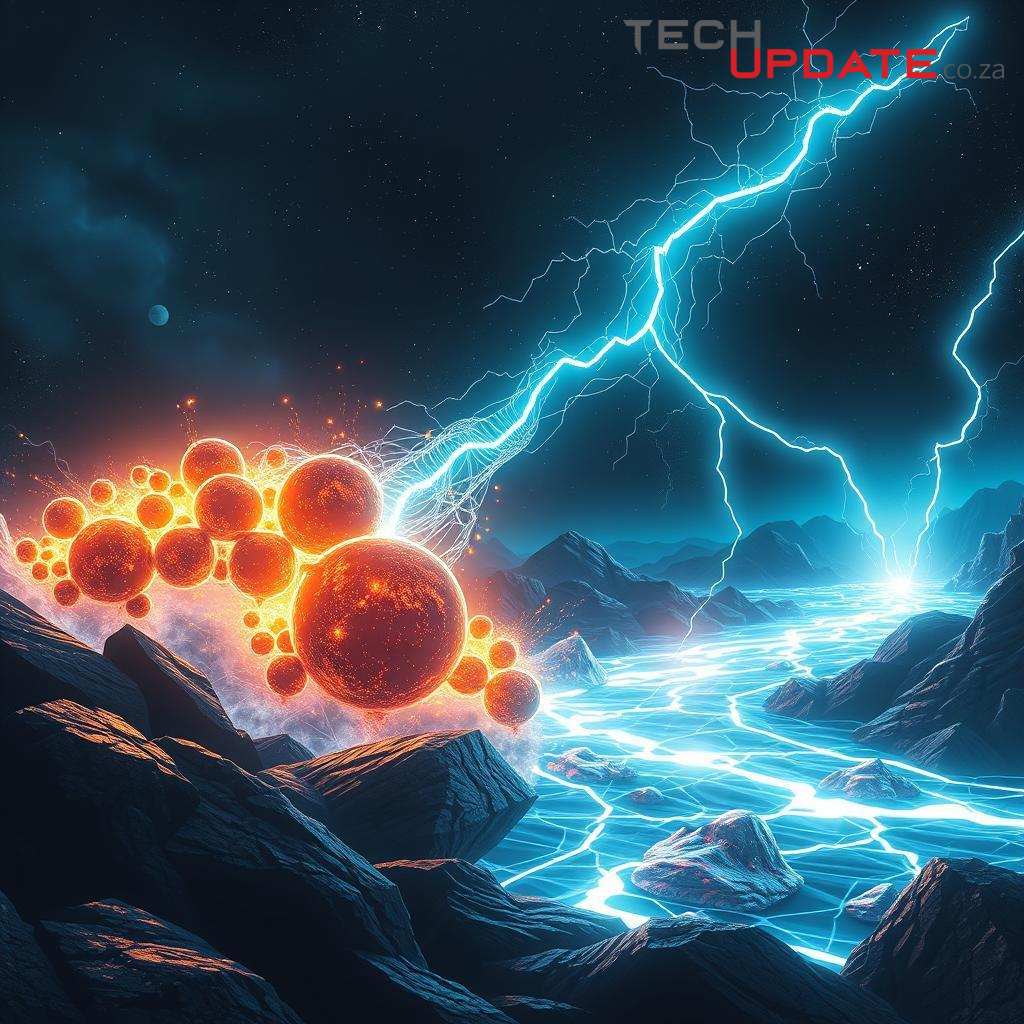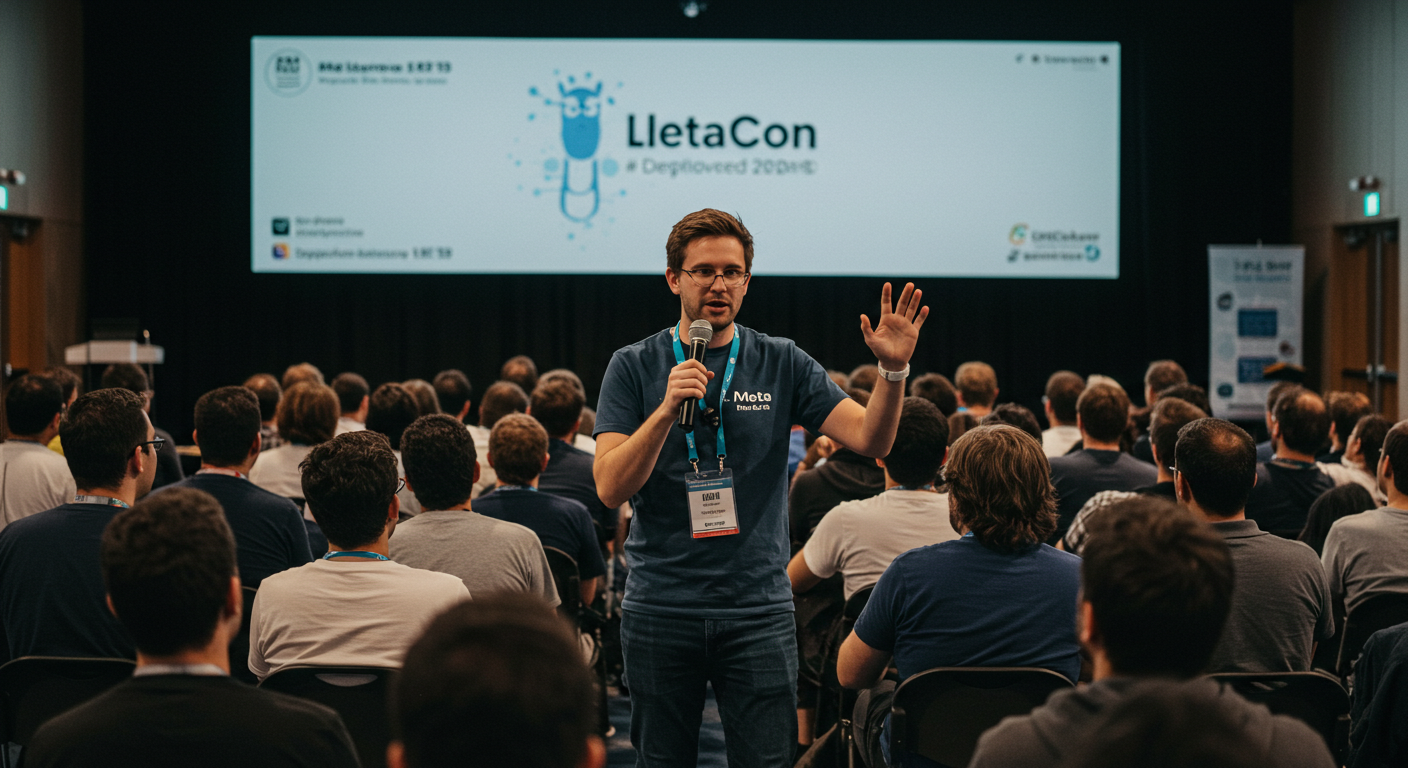Huawei Rebuilds China's AI Chip Ecosystem Amid U.S. Sanctions

In response to stringent U.S. export restrictions, Huawei is leading China's efforts to establish a self-reliant AI chip ecosystem. The company has made significant strides with its Ascend series, notably the Ascend 910C and the newly introduced Ascend 920, aiming to reduce dependence on foreign semiconductor technologies.
The Ascend 910C, produced using SMIC's N+2 7nm process, has achieved a 40% yield rate, marking a substantial improvement from previous figures. This chip delivers approximately 60% of the inference performance of Nvidia's H100 GPU, providing a viable alternative for domestic AI applications .
Building on this momentum, Huawei unveiled the Ascend 920, designed to fill the void left by Nvidia's H20 chip, which is now restricted from the Chinese market. The Ascend 920 boasts over 900 TFLOPs of processing power and 4 TB/s memory bandwidth, positioning it as a formidable contender in the AI chip arena .
These developments are part of a broader strategy to fortify China's technological independence. Huawei's initiatives, supported by collaborations with domestic firms like SMIC and backed by government policies, signify a concerted effort to overcome challenges posed by international trade restrictions .
Conclusion:
Huawei's advancements in AI chip technology underscore China's commitment to achieving self-sufficiency in critical tech sectors. By developing competitive alternatives to foreign semiconductor products, Huawei not only mitigates the impact of U.S. sanctions but also positions itself as a leader in the global AI landscape.
Sources:
-
Tom's Hardware – Huawei introduces the Ascend 920 AI chip to fill the void left by Nvidia's H20Tom's Hardware+1Wikipedia+1
-
Debuglies – China’s AI Hardware Ecosystem in 2025: Huawei’s Ascend Serieshttps://debuglies.com
-
Financial Times – Satellite images reveal Huawei's advanced chip production line in ChinaFinancial Times
Details
Author
Top articles
You can now watch HBO Max for $10
Latest articles
You can now watch HBO Max for $10
In response to stringent U.S. export restrictions, Huawei is leading China's efforts to establish a self-reliant AI chip ecosystem. The company has made significant strides with its Ascend series, notably the Ascend 910C and the newly introduced Ascend 920, aiming to reduce dependence on foreign semiconductor technologies.
The Ascend 910C, produced using SMIC's N+2 7nm process, has achieved a 40% yield rate, marking a substantial improvement from previous figures. This chip delivers approximately 60% of the inference performance of Nvidia's H100 GPU, providing a viable alternative for domestic AI applications .
Building on this momentum, Huawei unveiled the Ascend 920, designed to fill the void left by Nvidia's H20 chip, which is now restricted from the Chinese market. The Ascend 920 boasts over 900 TFLOPs of processing power and 4 TB/s memory bandwidth, positioning it as a formidable contender in the AI chip arena .
These developments are part of a broader strategy to fortify China's technological independence. Huawei's initiatives, supported by collaborations with domestic firms like SMIC and backed by government policies, signify a concerted effort to overcome challenges posed by international trade restrictions .
Conclusion:
Huawei's advancements in AI chip technology underscore China's commitment to achieving self-sufficiency in critical tech sectors. By developing competitive alternatives to foreign semiconductor products, Huawei not only mitigates the impact of U.S. sanctions but also positions itself as a leader in the global AI landscape.
Sources:
-
Tom's Hardware – Huawei introduces the Ascend 920 AI chip to fill the void left by Nvidia's H20Tom's Hardware+1Wikipedia+1
-
Debuglies – China’s AI Hardware Ecosystem in 2025: Huawei’s Ascend Serieshttps://debuglies.com
-
Financial Times – Satellite images reveal Huawei's advanced chip production line in ChinaFinancial Times
Top articles
You can now watch HBO Max for $10
Latest articles
You can now watch HBO Max for $10
Similar posts
This is a page that only logged-in people can visit. Don't you feel special? Try clicking on a button below to do some things you can't do when you're logged out.
Example modal
At your leisure, please peruse this excerpt from a whale of a tale.
Chapter 1: Loomings.
Call me Ishmael. Some years ago—never mind how long precisely—having little or no money in my purse, and nothing particular to interest me on shore, I thought I would sail about a little and see the watery part of the world. It is a way I have of driving off the spleen and regulating the circulation. Whenever I find myself growing grim about the mouth; whenever it is a damp, drizzly November in my soul; whenever I find myself involuntarily pausing before coffin warehouses, and bringing up the rear of every funeral I meet; and especially whenever my hypos get such an upper hand of me, that it requires a strong moral principle to prevent me from deliberately stepping into the street, and methodically knocking people's hats off—then, I account it high time to get to sea as soon as I can. This is my substitute for pistol and ball. With a philosophical flourish Cato throws himself upon his sword; I quietly take to the ship. There is nothing surprising in this. If they but knew it, almost all men in their degree, some time or other, cherish very nearly the same feelings towards the ocean with me.













Comment